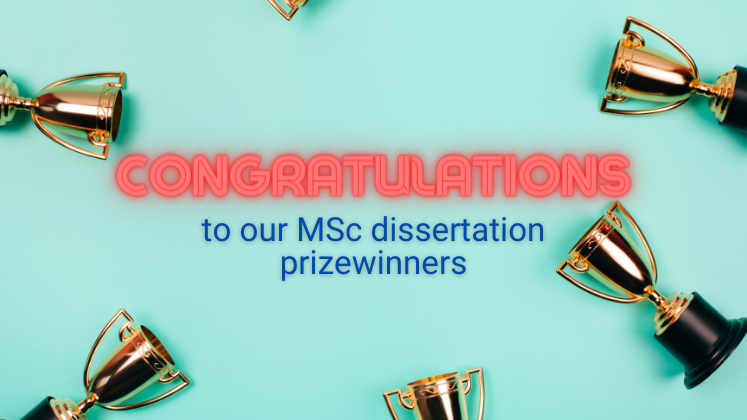Dr Theresa Squatrito joined the LSE IR Department in September 2019 as Assistant Professor in International Relations. She introduces herself here:

I am very pleased to be joining the Department of International Relations at LSE. Previously, I was at the University of Liverpool and before that I held postdoctoral positions at the University of Oslo and Stockholm University.
My research focuses on international institutions, addressing four main themes. The first theme is the design of international institutions (IOs). My research seeks to understand the causes and consequences of institutional design, typically using comparative analysis. I have studied if, how and why international organizations (IOs) are designed to grant access to transnational actors (TNAs) (e.g., civil society, NGOs). In The Opening Up of International Organizations (Cambridge University Press), my co-authors and I present original data on TNA access to IOs. We show that functional demand for TNAs’ resources, member states’ democratic standards, and state sovereignty concerns best explain the increasing openness of IOs to TNAs. Work from this project has also appeared in International Organization and Review of International Organizations.
My work on European human rights law examined how the design of international law (e.g., obligation and precision) conditions the domestic application of the law. For example, my article in the Journal of Human Rights argues that flexibility of international law contributes to if and how national legislatures interpret and apply international human rights law. My current research project addresses the institutional design of international courts (ICs) and its impact on institutional behaviour. For example, in a recent article in Global Policy, I analyse the management of ICs’ resources, conceived as a dimension of institutional design.
Second is a theme on transnational actors. In addition to the work already mentioned, I have been interested in understanding the role of TNAs in international legal processes. In a piece in the World Trade Review, I present an original dataset on the involvement of transnational actors in dispute settlement at the WTO and argue that TNA access is conditioned by a combination of political and legal constraints. Ultimately, these constraints suggests TNA access and influence through dispute settlement at the WTO is quite limited. My current research on international courts also addresses this theme. For instance, I consider how ICs mobilize TNAs as part of their strategies to self-legitimize.
The third theme in my work concerns the performance of international institutions. I have edited an interdisciplinary book on The Performance of International Courts and Tribunals (Cambridge University Press). This book introduces a framework for conceptualizing the performance of ICs and includes contributions from lawyers and political scientists. My research has also considered the performance of IOs through their policy output, policy agendas, and use of shaming.
Fourth is a theme on democracy and global governance. For example, in one article in the Review of International Studies examines the conditions under which global governance can enhance domestic democracy through the expansion of rights. More recently, I explore the democratizing effects of TNA access to international courts in Global Governance. Similarly, in a piece in the Review of International Studies, my co-author and I examine ICs’ impact on global democratization, focusing on how ICs can foster democratic values of participation, accountability and public justification.
My current research engages these themes to varying degrees, as I continue to work on improving our understanding of international organizations and international law and courts.





